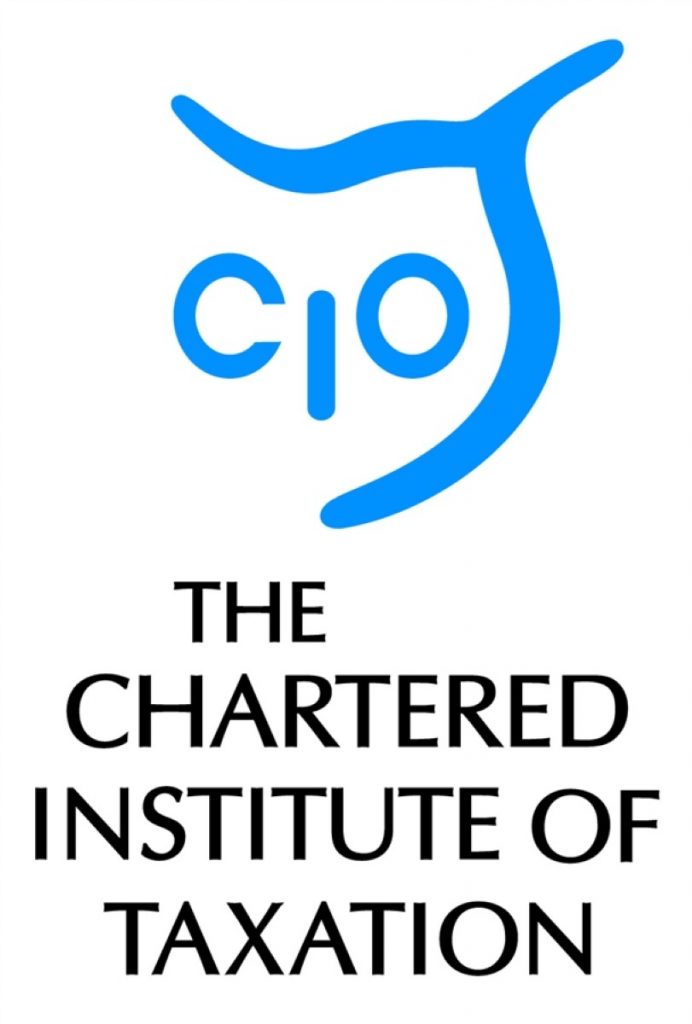Children lose out as Child Maintenance Service introduces fees
The Low Incomes Tax Reform Group (LITRG) fears that the Department for Work and Pensions’ (DWP) proposals to introduce charges for its Child Maintenance Service will increase childhood poverty.
Today the DWP has announced plans to start charging all couples for its Child Maintenance Service through ‘stronger enforcement’.1 Up until now its services have been free and have enabled parents – mainly mothers – to claim and be paid maintenance for children they care for from the other parent.2
While the DWP has announced this as a measure to encourage families to work more closely together, LITRG fears the department have overlooked the fact that relationship breakdown normally comes with much associated hurt and grievances that, certainly in the early stages of a breakdown can make it very difficult for couples to negotiate with each other.
LITRG Chairman, Anthony Thomas, said:
“Family breakdowns are personal tragedies, but unfortunately they are a part of our everyday society. Children in most cases of breakdown have no say in the relationship between their parents, but it is these very children who are being penalised by these fees.
“Sadly, at a time of great stress and worry parents are being asked to either come to a prompt amicable agreement or face paying a government agency for advice which is hugely worrying. For the poorest families this can only lead to further hardship. Childhood poverty is already high in the UK, with more than one in six children affected.3 This measure threatens to make that situation worse for fragile single parent families. We strongly urge the DWP to think again on this proposal."
Notes to editors:
1. DWP’s press release, issued today, can be found here.
2. The proposal is to charge £20 for each new application to the service and also to levy significant collection charges. For example, using a maintenance figure of £100, the parent due to pay that sum would actually have to pay £120, while the receiving parent would receive only £96. This means that the DWP is charging £24 to deliver £96 to the other parent – a charge of 25%. More information on fees and charges for parents who use the Child Maintenance Service can be found here.
3. Figures for child poverty are taken from the Gov.uk website.
4. The Low Incomes Tax Reform Group (LITRG)
LITRG is an initiative of the Chartered Institute of Taxation to give a voice to the unrepresented. Since 1998 LITRG has been working to improve the policy and processes of the tax, tax credits and associated welfare systems for the benefit of those on low incomes.
5. The Chartered Institute of Taxation (CIOT)
The CIOT is the leading professional body in the United Kingdom concerned solely with taxation. The CIOT is an educational charity, promoting education and study of the administration and practice of taxation. One of our key aims is to work for a better, more efficient, tax system for all affected by it – taxpayers, their advisers and the authorities. The CIOT’s work covers all aspects of taxation, including direct and indirect taxes and duties. Through our Low Incomes Tax Reform Group (LITRG), the CIOT has a particular focus on improving the tax system, including tax credits and benefits, for the unrepresented taxpayer.
The CIOT draws on our members’ experience in private practice, commerce and industry, government and academia to improve tax administration and propose and explain how tax policy objectives can most effectively be achieved. We also link to, and draw on, similar leading professional tax bodies in other countries. The CIOT’s comments and recommendations on tax issues are made in line with our charitable objectives: we are politically neutral in our work.
The CIOT’s 17,000 members have the practising title of ‘Chartered Tax Adviser’ and the designatory letters ‘CTA’, to represent the leading tax qualification.





-01.png)